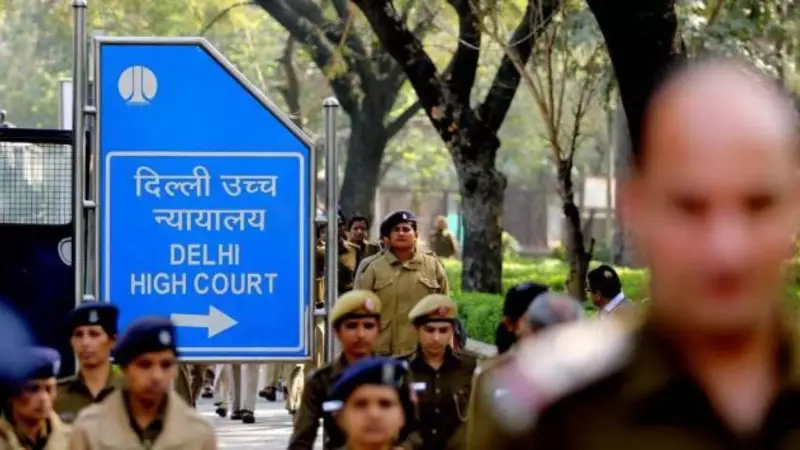
In a significant development just two days before its theatrical release, the producers of the war film '120 Bahadur' have informed the Delhi High Court that the movie now credits all 120 soldiers of the 13 Kumaon Regiment who fought in the historic 1962 Rezang La battle. This submission came in response to a Public Interest Litigation (PIL) filed by the Ahir community, which had sparked widespread protests over the alleged inadequate recognition of the soldiers' sacrifice.
Court Proceedings and Producer's Assurance
The submission was made by Excel Entertainment, the film's production house, on Wednesday before a division bench of Justices Prathiba Singh and Shail Jain. The PIL had been filed by the Sanyukt Ahir Regiment Morcha, a registered trust, along with its secretary and four family members of the soldiers martyred in the battle. The petitioners had sought explicit credit for the 120 soldiers, including their names and photographs, arguing that the film's initial portrayal undermined their collective valour.
Recording the producer's submission, the court disposed of the petition. It directed that the petitioners could watch the film to verify the credits for themselves. Should any corrections be necessary, the court stated that such changes would be implemented in the film's subsequent Over-The-Top (OTT) platform release. The petitioners, represented by advocate Gautam Jha, had also initially requested the film's title be changed from '120 Bahadur' to '120 Vir Ahir'. However, they did not press for a court order on this matter during the hearing, especially after the producer's counsel highlighted that the movie had already been distributed to 1,300 screens nationwide.
Background of the Protests and Legal Challenges
The '120 Bahadur' movie, starring Farhan Akhtar, had become a focal point for the Ahir community, which claimed the historical war drama did not properly honour the 'balidaan' (sacrifice) of the 120 Ahir soldiers. The community accused the film of distorting historical facts and presenting a narrative of "one-man heroism" centred on Major Shaitan Singh Bhati, thereby erasing the regimental identity and sacrifices of the Ahir soldiers.
This was not the only legal challenge faced by the film. Earlier this month, the same petitioners had filed a PIL in the Punjab and Haryana High Court, challenging its certification and release. That petition was disposed of on November 17. The Punjab and Haryana HC had directed the Central Board of Film Certification (CBFC) and the Union Ministry of Information and Broadcasting to decide on the petitioners' representation within two days, by November 19. In the Delhi HC hearing, the Ministry's counsel informed the court that a decision on this matter was expected by the end of the day.
The Historic Battle of Rezang La
The controversy stems from the profound significance of the Battle of Rezang La, fought on November 18, 1962, during the Sino-Indian War. It is remembered as one of the Indian Army's most heroic last stands. Official records from the Ministry of Defence confirm that Charlie Company of the 13th Battalion, Kumaon Regiment, comprised 120 soldiers.
Of these 120 soldiers, 117 were Ahirs from the Rewari, Narnaul, and Mahendragarh districts of Haryana and its neighbouring areas. Stationed at a vital mountain pass at 16,000 feet in sub-zero temperatures, they faced a Chinese force that outnumbered them by approximately 10 to 1.
Despite inadequate artillery and ammunition, the company held the Chushul sector, inflicting over 1,300 casualties on the enemy before being overwhelmed. The battle resulted in the martyrdom of 114 Indian soldiers, while five were grievously wounded and one was taken prisoner. In a rare gesture of respect, the Chinese forces were reported to have covered the fallen Indian soldiers with blankets.
The resolution in the Delhi High Court potentially paves the way for the film's release on its scheduled date, November 21, while acknowledging the community's concerns about preserving the accurate historical legacy of the Ahir soldiers' supreme sacrifice.





